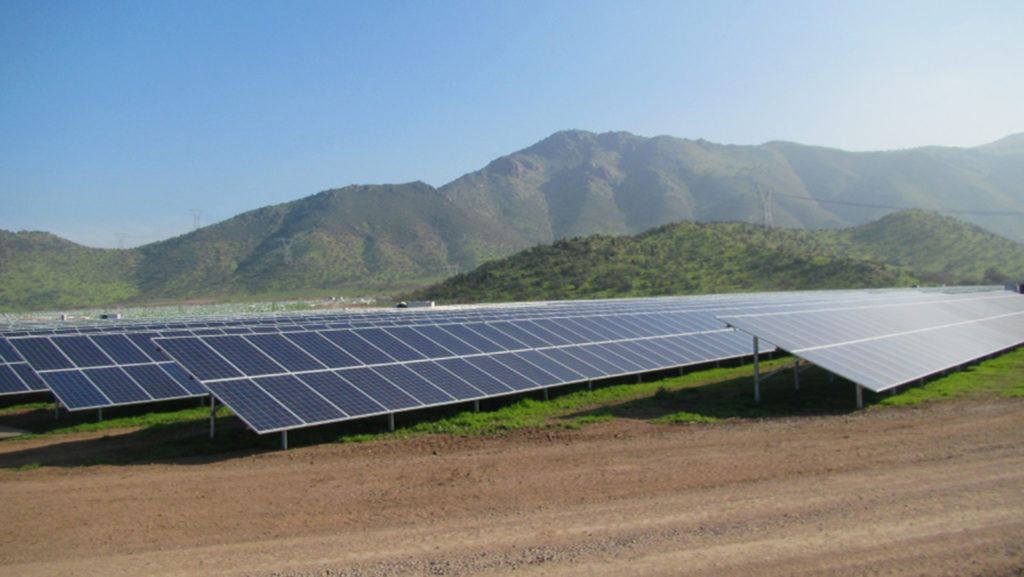The government of Chile and the four groups that comprise the Chilean association of electricity producers, Generadoras de Chile – French energy group, Engie, Italian utility, Enel, U.S.-based AES Gener, and Chilean power provider, Colbun – have agreed not to build new coal power plants “that do not come with carbon capture and storage systems or other equivalent technologies.”
Furthermore, the two parties will establish, through a joint working group, a schedule and the conditions for the programmed and gradual cessation of the operation of coal-fired power plants, which do not use technologies for carbon capture and storage.
More details about the implementation of this plan, however, were not made public.
Currently, coal-fired power plants cover 40% of electricity production in Chile. According to a report published by Generadoras de Chile, and developed by the PSR-Moray consortium, solar will become the primary source of electricity in the country as early as 2030, with expectations that it will cover more than 30% of demand.
The report also reveals that thermoelectric plants will still have a quota of 25% in 2030, while the remaining 75% will be covered by renewables.
“According to the model for 2030,” the association's report says, “29% would be covered by hydro, while photovoltaic and wind solar sources, known as variable renewables, would add up to 42%. The remaining 4% would be biomass, geothermal and solar power concentrator (CSP).”
The study, however, emphasizes the need to maintain active coal-fired power plants to ensure flexibility in the electricity system, since “solar energy is not generated at night, or the wind that makes wind farms work is not constant.”
Chile currently has an installed solar power of around 2 GW.
This content is protected by copyright and may not be reused. If you want to cooperate with us and would like to reuse some of our content, please contact: editors@pv-magazine.com.




1 comment
By submitting this form you agree to pv magazine using your data for the purposes of publishing your comment.
Your personal data will only be disclosed or otherwise transmitted to third parties for the purposes of spam filtering or if this is necessary for technical maintenance of the website. Any other transfer to third parties will not take place unless this is justified on the basis of applicable data protection regulations or if pv magazine is legally obliged to do so.
You may revoke this consent at any time with effect for the future, in which case your personal data will be deleted immediately. Otherwise, your data will be deleted if pv magazine has processed your request or the purpose of data storage is fulfilled.
Further information on data privacy can be found in our Data Protection Policy.